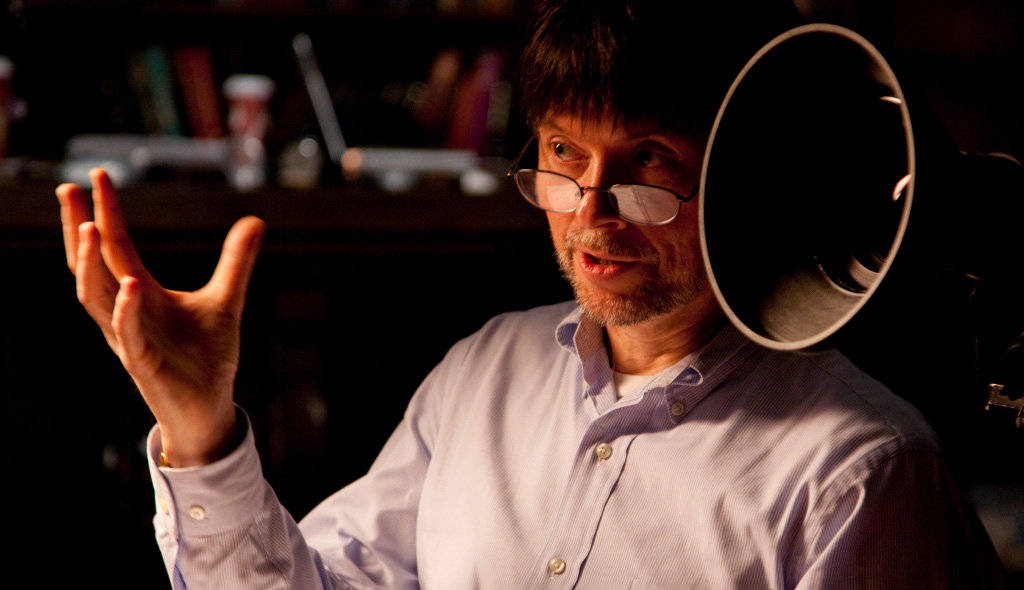
Exploring our history with Ken Burns
We support the arts in many different forms as part of our commitment to helping economies thrive and to connecting cultures. Our partnership with Ken Burns is rooted in our shared vision to make history a riveting narrative that resonates with the general public and with students in classrooms around the country.
The American Revolution: A film by Ken Burns, Sarah Botstein, and David Schmidt
Ken Burns, Sarah Botstein and David Schmidt explore the people, stories and events that challenged what's possible and formed a new nation. Thirteen British Colonies on the Atlantic Coast rose in rebellion, won their independence and established a new form of government that radically reshaped the continent and inspired centuries of democratic movements around the globe. Ten years in the making, the film shares stories of the people, events and ideas that formed a new nation.
Our partnership with Ken Burns
Since 2007, we have proudly sponsored the work of Ken Burns and Florentine Films, which blend education and art to create in-depth stories that enlighten people around the world.
Film trailers in partnership with Ken Burns and Florentine Films
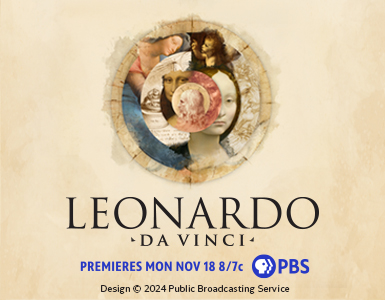
Inside the mind of a genius External link, opens in a new tab
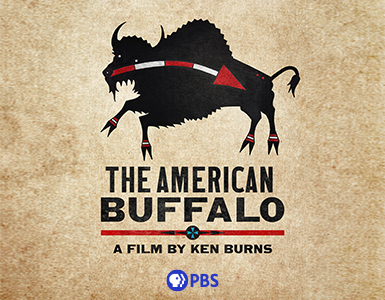
The American Buffalo: A Ken Burns Documentary External link, opens in a new tab
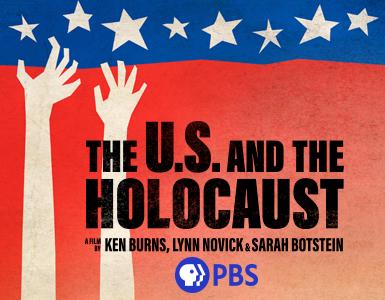
Ken Burns's The U.S. and the Holocaust documentary External link, opens in a new tab
Discover more

Ken Burns on PBS
For more than three decades, Ken Burns and his collaborators have produced some of the most critically acclaimed and most-watched documentaries on public television.
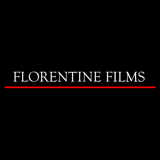
Ken Burns & Florentine Films
Learn about upcoming films, the filmmakers and more.

Explore Ken Burns’s UNUM
View highlights from the Florentine Films’ library of work, which advances a more complete understanding of American history.
